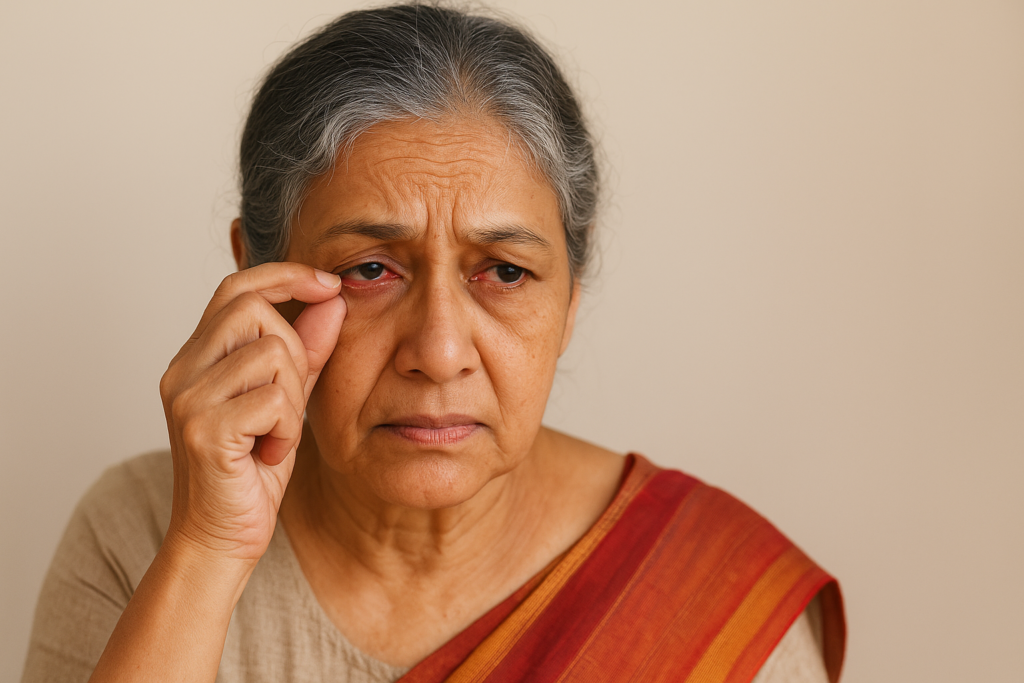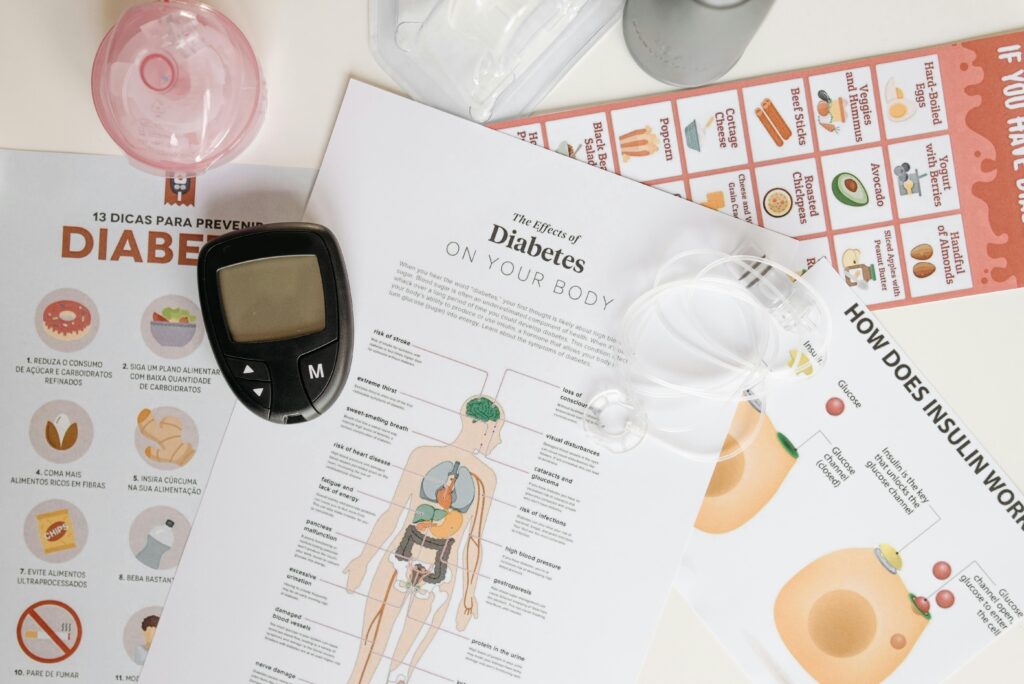As our loved ones age, their health needs more attention. Sometimes, changes in their health can be subtle. They may not complain, or they may think it’s just “part of getting older.” But as caregivers, friends, or family, it’s important to notice these signs early.
1. Changes in Appetite
If your loved one is eating less, skipping meals, or suddenly losing weight, it could be a sign of an underlying health issue. This might be due to dental problems, digestive issues, or emotional factors like depression.
2. Decline in Personal Hygiene
If they are wearing the same clothes for days, avoiding baths, or showing less interest in grooming, it could indicate physical limitations, memory issues, or low energy caused by illness.
3. Memory Lapses and Confusion
Forgetting names, misplacing items often, or getting confused about familiar places could be more than just “old age.” These signs may indicate cognitive decline or conditions like dementia.
4. Reduced Mobility
Difficulty walking, frequent stumbling, or avoiding movement altogether can lead to further health problems. Joint pain, muscle weakness, or balance issues should be addressed quickly.
5. Withdrawal from Social Life
If your loved one stops meeting friends, avoids conversations, or no longer enjoys hobbies, it could be due to depression, hearing loss, or fatigue. Social withdrawal is often linked to declining health.
6. Noticeable Mood Changes
Irritability, sadness, or anxiety without any clear reason could be warning signs of emotional distress, chronic pain, or even medication side effects.
7. Trouble Managing Daily Tasks
If simple activities like cooking, paying bills, or taking medicines on time become difficult, this could indicate a decline in cognitive or physical health.
8. Unexplained Bruises or Injuries
Falls or bumps without explanation may suggest balance issues, weakness, or vision problems. Repeated incidents should never be ignored.
Why Early Detection Matters
Noticing these signs early can help in getting timely help, whether it’s medical care, lifestyle changes, or emotional support. Ignoring them can lead to faster decline and reduced quality of life.
Final Thoughts
Caring for an aging loved one is about more than just providing assistance—it’s about observing, understanding, and responding to changes in their well-being. By staying alert to these signs, you can help them live a healthier, more comfortable life.
❤️ LIKE, SHARE, and FOLLOW this blog if you found it helpful.
💬 Share your experiences in the comments—your story might help someone else.





